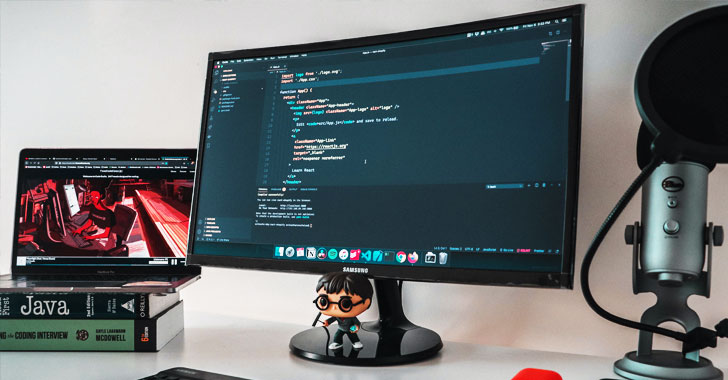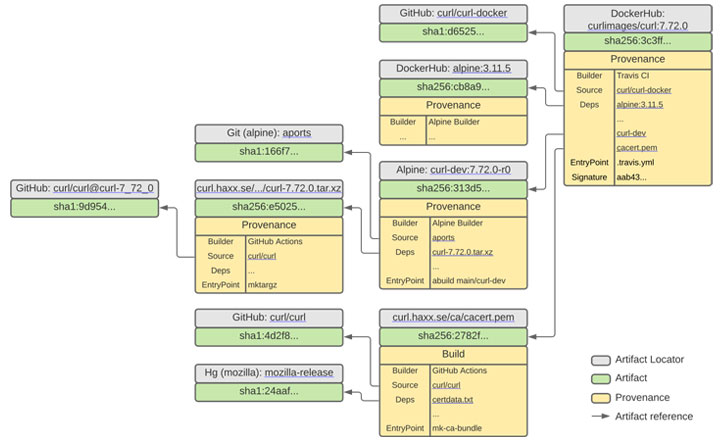Google Releases New Framework And Policies To Prevent Code Offer From Chain Attacks
Google Releases New Framework To Prevent Code Offer From Chain Attacks

Software offer Chain Attacks
As code offer chain attacks emerge as a degree of concern within the wake of SolarWinds and Codecov security incidents, Google is proposing an answer to make sure the integrity of code packages and forestall unauthorized modifications.
Called "Supply chain Levels for code Artifacts" (SLSA, and pronounced "salsa"), the end-to-end framework aims to secure the code development and preparation pipeline — i.e., the supply build ➞ publish progress — and mitigate threats that arise out of the change of state with the ASCII text file, the build platform, and also the artefact repository at each link within the chain.
Google same SLSA is galvanized by the company's own internal social control mechanism known as Binary Authorization for Borg, a collection of auditing tools that verifies code birthplace and implements code identity to determine that the deployed production code is correctly reviewed and approved.
"In its current state, SLSA could be a set of incrementally adoptable security tips being established by a trade agreement," same Kim Lewandowski of Google Open supply Security Team and Mark Lodato of the Binary Authorization for Borg Team.

code dependencies
"In its final kind, SLSA can take issue from a listing of best practices in its enforceability: it'll support the automated creation of auditable data which will be fed into policy engines to grant 'SLSA certification' to a specific package or build platform."
The SLSA framework guarantees end-to-end code offer chain integrity and is meant to be progressive and unjust. It contains four totally different levels of progressive code security sophistication, with SLSA four providing a high degree of confidence that the code has not been improperly tinkered.
SLSA one — needs that the build method be totally scripted/automated and generate birthplace
SLSA a pair of — needs exploitation version management and a hosted build service that generates attested birthplace
SLSA three — needs that the supply and build platforms meet specific standards to ensure the quality of the supply and also the integrity of the birthplace
SLSA four — needs a two-person review of all changes and a tight, duplicable build method
"Higher SLSA levels need stronger security controls for the build platform, creating it harder to compromise and gain persistence," Lewandowski and Lodato noted.

While SLA four represents the best finish state, the lower levels offer progressive integrity guarantees, at a similar time creating it troublesome for malicious actors to remain hidden in an exceedingly broken developer setting for extended periods of your time.
Along with the announcement, Google has shared further details regarding the supply and Build necessities that require to be glad, and is additional business on the trade to standardize the system and outline a threat model that details specific threats SLSA hopes to deal with within the long run.
"Achieving the very best level of SLSA for many comes could also be troublesome, however progressive enhancements recognized by lower SLSA levels can already go a protracted manner toward up the protection of the ASCII text file system," the corporate same. Similarity 5%
LinkedIn: Yaakulya Sabbani | Ethical Hacker, Bug Hunter
DM me if any queries or help required :) Thank you!

Comments